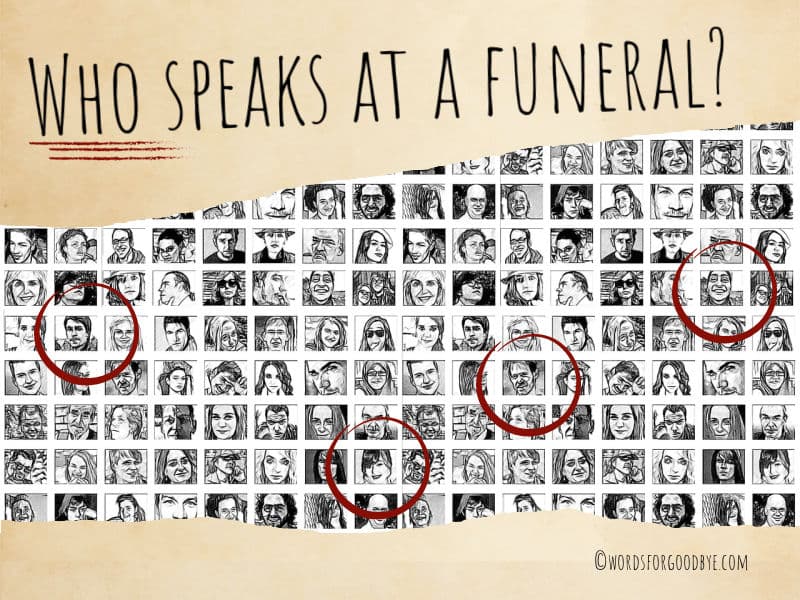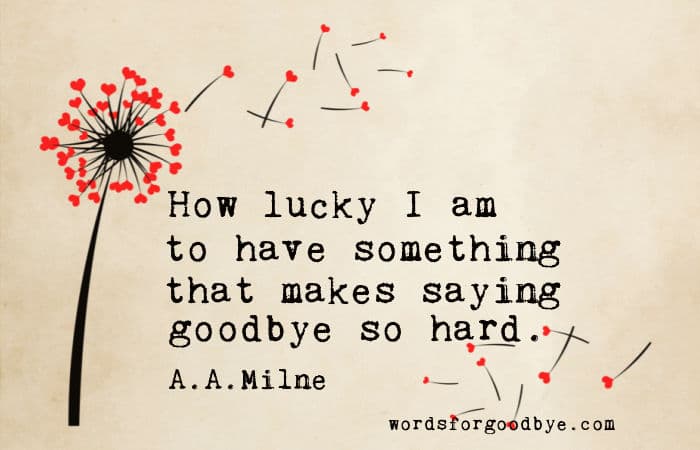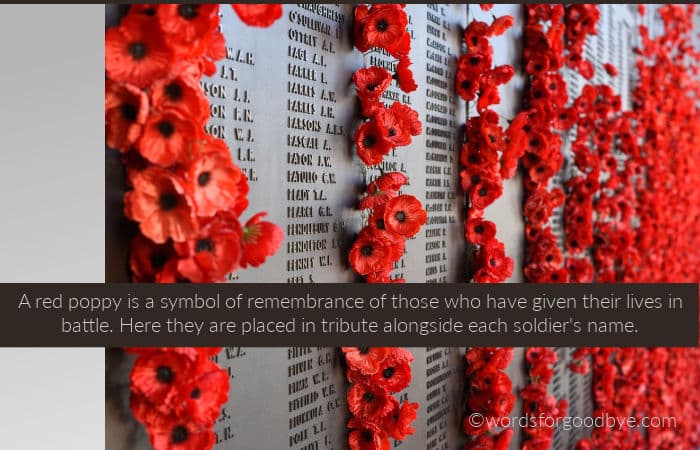- HOME ›
- How to write a memorial ›
- Who speaks at a funeral
Who speaks at a funeral?
Can anyone? Or is there a protocol that must be followed?
By: Susan Dugdale
In the days following the death of someone you're close to somebody will begin the process of organizing a funeral or memorial service. Who speaks, (gives a eulogy or memorial speech, says a poem or gives a reading), depends entirely on the type of service it is.
Different faiths, different denominations
If it's a religious service there may be a strict protocol, or way of doing things, to be followed.
For instance, my Mother's side of the family are strong Catholics. When my much loved cousin died the priest leading the service included stories from her life in his sermon. Her children and grand children took on the supporting roles. They formed a choir, gave the readings, and were the ushers and pall bearers. As is usual for a Catholic service, there were no other eulogies aside from the priest's.
In contrast, at a Quaker service, anyone who wishes to may offer their thoughts, memories, a song, poem, or reading, a piece of music … in tribute. There is no pre-arranged order.
And sometimes who speaks, and what they'll speak about, has already been decided by the deceased.

Pre-planned funeral services
Many people carefully plan their own funeral services, including who they want to speak, and what they want them to cover. Sometimes they may include an open segment in which those present, who don't have a pre-organized role, are invited to speak.
And sometimes they don't, like my dear friend. She battled with cancer for many years. When she knew she was reaching the end, she got busy. She called together all the people she wanted to be part of her service. There were childhood mates, dancers from the company she used to manage, singers, actors, musicians, politicians, friends and, family - an enormous eclectic mix.
This person was asked to anchor the service, to take on the Master of Ceremonies (MC) role. Another was told to sing a particular song. This one was instructed to speak on the value of arts in the community. Her former dance company had a piece to perform. Someone else had a poem. And so on.
The result was an extraordinarily moving variety show. At its close, as her coffin was carried out, her eldest son requested she be given 'a standing ovation'. Perfect for someone whose life's passion was supporting performing arts.
If you want to speak, speak up
If you want to give a eulogy, (or offer a poem, a song, a reading...), and you haven't been asked, speak up. Find out from the organizers what the particular protocol for the service is, and if there is room for you.
I think this is important. There may only be one opportunity for your voice to be heard.
You might find your desire to contribute welcomed.
And of course, there's always the possibility you'll be told the order of service is fixed without space for anything more.
However, you won't know unless you ask. I know from experience living with 'I wish I had' regret is hard. The only remedy is forgiving oneself and resolving to step up promptly next time.
Give yourself time to prepare & practice
If you've committed yourself to speaking do make sure you give yourself time to prepare.
If you're planning to give a eulogy, take time to think it through thoroughly, to write and practice it. Expecting yourself to spontaneously come up with all the things you want to say, in the right order, is a very large ask.
Even if you're accustomed to pulling together good impromptu speeches, be wary. Speaking at the funeral of someone you care deeply about is very, very different from saying whatever springs to mind.
Protect yourself, and your family and friends, from the possibility of not being able to express all you want to, in the way you want to, under pressure.
I know from experience what can happen if you don't.
Oh dear! She didn't practice.
Quite some time ago, when I was much younger, my Mother died utterly unexpectedly while on her one and only, big overseas trip. Suddenly my life became surreal. As the new 'head' of the family I had bizarre long distance telephone conversations with government officials about autopsies, cremations, and flying belongings home. Here I had more conversations, also bizarre, with friends and family about organizing a service.
With a great deal of help everything needing to happen did. A venue was found, notices issued, flowers, music, and food arranged and the day arrived.
Suddenly in front of a hall full of family and friends, when asked to speak I had very little to say. I hadn't thought about a speech at all! I remember standing next to my sister scrabbling for words and managing a couple of disconnected sentences, one of which was about baroque music being a backdrop to our lives. So calming, my Mother used to say. She played it continuously with the hope it would settle her tempestuous teenagers. It did not. Like my speech, it was a fail.
Everyone there understood. It was a strange tough time. However the memory lingers on. Lesson learned.
Help to help you speak at a funeral
That does not have to be you. Click the link for step by step help to write a eulogy or memorial speech. There's also a printable eulogy planner: a fill in the blanks template, to make the process easier for you.
Likewise if you have poem to say or a reading to give, practice it as much as you can. I've notes, with audio examples, here on how to read poetry aloud which you may find useful.
For further reference
- Funeral traditions of different faiths and denominations - an extremely useful overview


